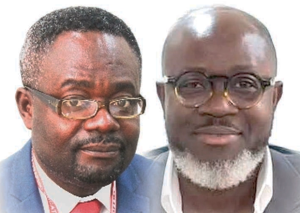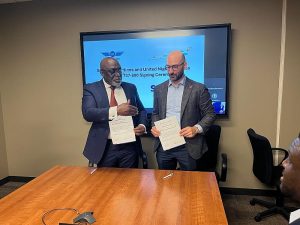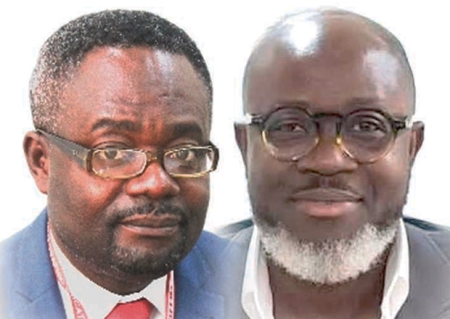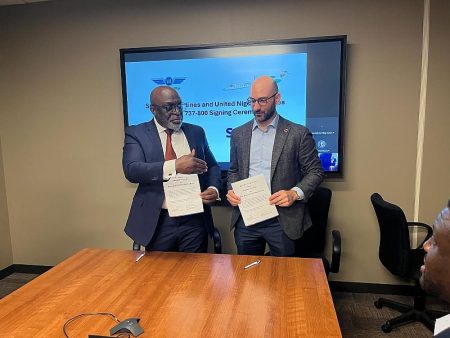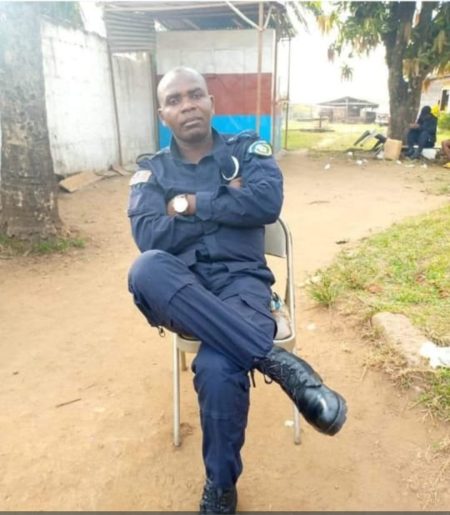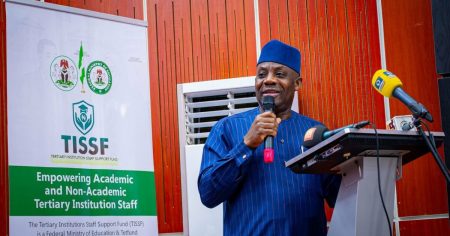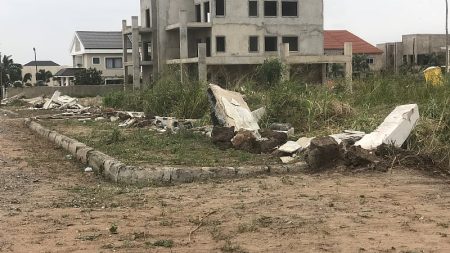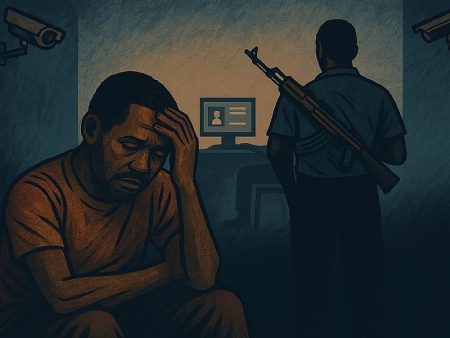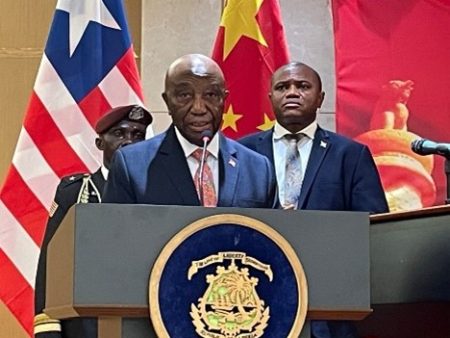The tragic helicopter crash of August 6, 2025, cast a long shadow of grief across Ghana, claiming the lives of eight individuals who had dedicated themselves to the service of the nation. Deputy Education Minister Dr. Clement Apaak, deeply affected by the loss, offered a poignant reflection on the victims, sharing personal anecdotes that illuminated their characters and the profound impact they had on his life. His words painted a picture not just of colleagues, but of cherished friends and brothers, their absence leaving a void that resonates deeply within him. The shared memories highlighted the human cost of the tragedy, transforming the eight victims from statistics into individuals with unique personalities, passions, and contributions to society. Dr. Apaak’s grief echoed the sentiments of a nation mourning the loss of its dedicated servants.
Dr. Apaak’s recollections painted vivid portraits of the deceased. Dr. Omane Boamah, a dedicated professional, was remembered for his unwavering commitment to even seemingly small tasks, like assisting a teacher with a delayed staff ID just a week before the crash. This simple act underscores his dedication to the education sector and his willingness to go the extra mile for those in need. Dr. Muntala Mohammed, described as a “troublesome younger brother,” brought levity and humor to their relationship, exemplified by his playful teasing of Dr. Apaak. This anecdote reveals a bond of brotherly affection and a shared sense of humor that now serves as a bittersweet memory. Mr. Limuna, a playful companion, addressed Dr. Apaak as “my slave,” a term of endearment in their respective cultures, signifying a deep and affectionate connection. Their last conversation, centered around plans to introduce a representative from an international NGO interested in supporting education in Ghana, highlighted Mr. Limuna’s dedication to improving the lives of others through educational initiatives.
Dr. Samuel Sarpong, a figure of respect and mentorship, was remembered as “Senior” by Dr. Apaak. Their shared attendance at the June 4th celebrations, where they engaged in discussions about crucial issues and future plans, underscored a commitment to national progress and development. The abrupt end to these plans leaves a sense of unfinished business and highlights the potential contributions lost with Dr. Sarpong’s passing. The memories shared by Dr. Apaak transformed these individuals from names on a list of casualties into vibrant personalities, each with their own unique contributions to society. Their sudden absence underscores the fragility of life and the profound impact these individuals had on those around them.
Beyond personal grief, Dr. Apaak’s statement also served as a call to action. He emphasized the importance of honoring the memory of the “gallant eight” through a national tribute, a fitting recognition of their dedication and service to the nation. Equally important was his call for a thorough investigation into the circumstances surrounding the crash. Understanding the cause of the tragedy is crucial not only to provide closure to the grieving families and nation but also to prevent similar incidents in the future. This emphasis on accountability reflects a commitment to ensuring that such a devastating loss does not occur in vain. Dr. Apaak’s call for a thorough investigation underscores the importance of transparency and accountability in the face of national tragedy.
Furthermore, Dr. Apaak connected the tragic loss to a pressing national issue – the fight against illegal mining, commonly known as “galamsey.” He urged that their sacrifice should serve as a catalyst for renewed efforts to eradicate this destructive practice. This connection highlights the multifaceted nature of national service and suggests that these individuals were likely working, directly or indirectly, to combat the negative consequences of galamsey, emphasizing the urgency of addressing this issue in their honor. By linking their deaths to the fight against galamsey, Dr. Apaak transforms their loss into a rallying cry for national action. Their sacrifice, he argues, should not be in vain, but should serve as a powerful motivator to finally overcome this destructive practice.
In conclusion, Dr. Clement Apaak’s heartfelt tribute transcended personal grief, serving as a powerful testament to the lives lost and a call for national action. His poignant anecdotes humanized the victims, revealing their dedication, their humor, and their commitment to Ghana’s progress. His words served as a reminder of the human cost of tragedy and the importance of honoring those who have dedicated their lives to the service of their nation. Furthermore, his call for a thorough investigation and renewed efforts against illegal mining ensured that their sacrifice would not be forgotten, but rather serve as a catalyst for positive change in Ghana. The memory of the “gallant eight” should serve as a constant reminder of the importance of national service, the need for transparency and accountability, and the urgency of addressing critical national issues.



